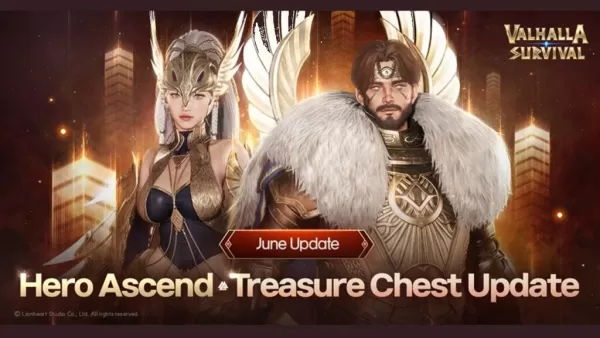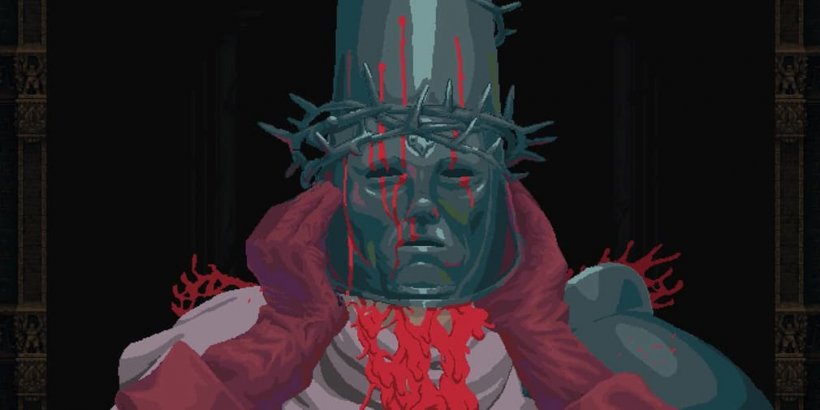Yakuza: Like a Dragon Features Dynamic Middle-Aged Characters
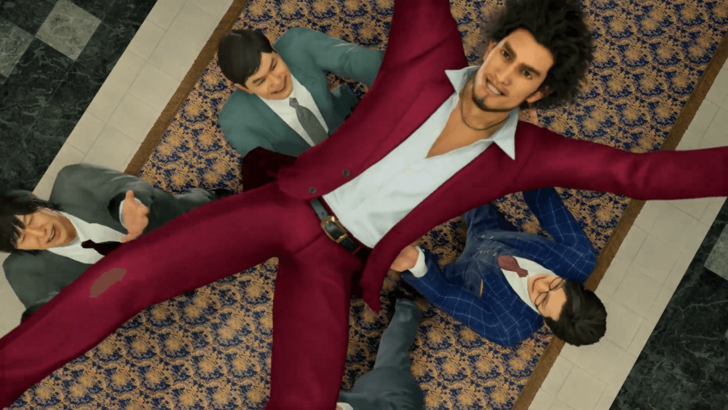
Like a Dragon Studio Resist Catering to New Fans and to Focus on ‘Mature Dudes’‘Mature Guys’ Doing ‘Mature Guy Things’
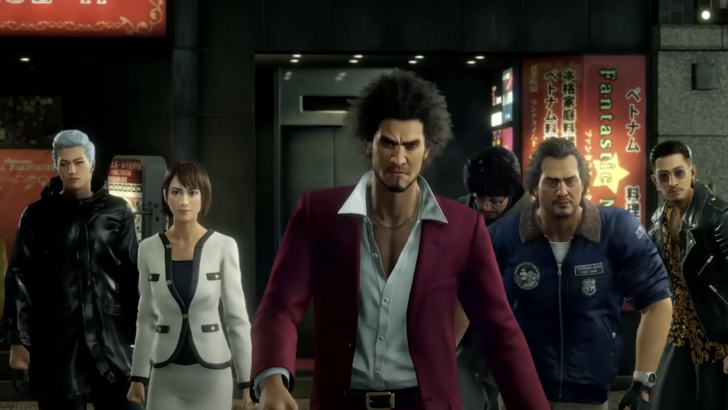
"We have had a large increase in new fans, including women, which we’re truly happy and grateful for," series director Ryosuke Horii said in an interview with AUTOMATON. "However, we don’t plan to do anything like deliberately changing conversation topics in order to cater to new fans. That would make us unable to keep talking about things like uric acid levels."
Horii and lead planner Hirotaka Chiba emphasized their belief that the series’ unique charm lies in its focus on "middle-aged guy things," as they themselves are "middle-aged guys." From Ichiban’s love for Dragon Quest to the constant grumbling about back pain, the duo believes that "this ‘humanity’ you feel from their age is what gives the game originality."
"The characters are flesh-and-blood human beings much like our players are, so their problems are relatable," Horri added. "That’s why it’s easy to really get into the game and feel like you’re listening to conversations between ordinary people."

While Nagoshi acknowledged that this was a positive development, he also clarified that Yakuza was primarily designed for men. "Yakuza is something that is made for men players," he continued. "So we will be careful not to be too conscious of the women users and derail from what we want to make."
Players Question the Series’ Women's Representation in Yakuza Series
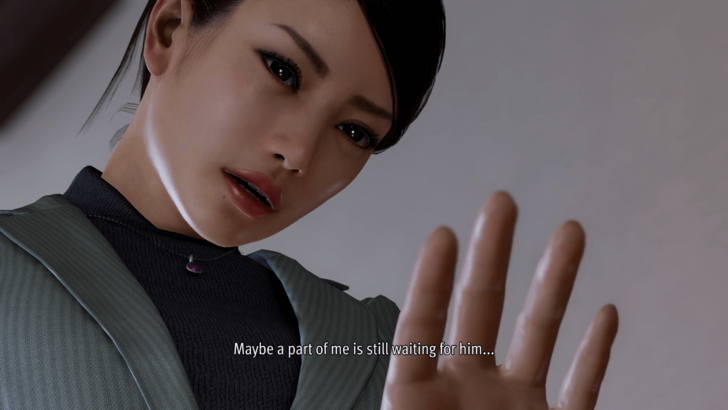
One user on ResetEra noted that while the series has made progress, "female representation is still poor and many of the tropes and scenarios in the games are sexist." Another pointed out that "even in Yakuza 7, Saeko is the only female party member in the game (other than Eri, who is optional). Besides, every time a female character shows up on-screen, it’s like the male characters can’t help but make suggestive/sexual remarks, like that’s the only way they know how to talk… around women."
Many female characters in the series adhere to the damsel-in-distress trope, evident in characters like Makoto in Yakuza 0, Yuri in Kiwami, and Lilly in Yakuza 4. Women in the series seem to always be put aside, and unfortunately, this may persist in the future.
Chiba comments in the aforementioned interview, though jokingly, that "There’s a Party Chat (in Like a Dragon: Infinite Wealth) where Seonhee and Saeko’s girl talk gets hijacked by Nanba and ends up turning into guy talk. I think situations like this will keep on happening."
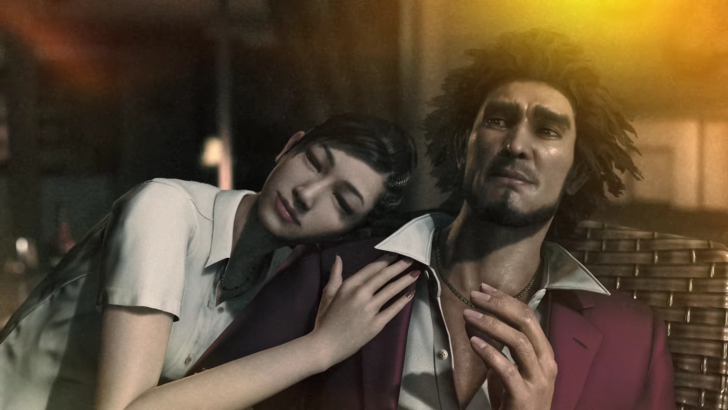
Game8 recognized this progress, awarding Like a Dragon: Infinite Wealth a score of 92. The review praised the game as a "love letter to fans of the franchise while skillfully setting the course for Like a Dragon’s future." For a more in-depth analysis of Like a Dragon: Infinite Wealth, check out our review below!
-
The Future Games Show 2025 will showcase more than a dozen games as part of Summer Game Fest's main lineup. Continue reading for all the latest details about this upcoming event and what we currently know.← Back to Summer Game Fest 2025Future Games SAuthor : Anthony Dec 26,2025
-
Valhalla Survival has just rolled out a major new update, introducing fresh gameplay systems and challenges. Lionheart Studio has officially integrated a Hero Ascension System into the experience. On top of that, a huge array of new battlefield itemsAuthor : Simon Dec 26,2025
- STALKER 2: Heart of Chornobyl - All Endings (& How to Get Them)
- Steampunk RPG Eldgear Unveiled by KEMCO
- NYT Hints and Answers: Guide to January 10, 2025
- Metaphor: ReFantazio - Complete Bond Guide
- Discover the Artifacts in Stalker 2: Locations and Acquisition
- Mushroom Go! Unleashes Co-op Dungeon Adventure for Fungi Fans


